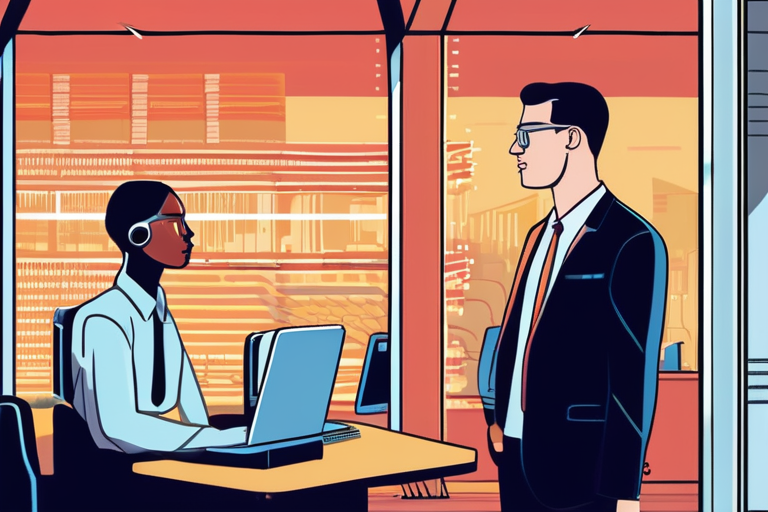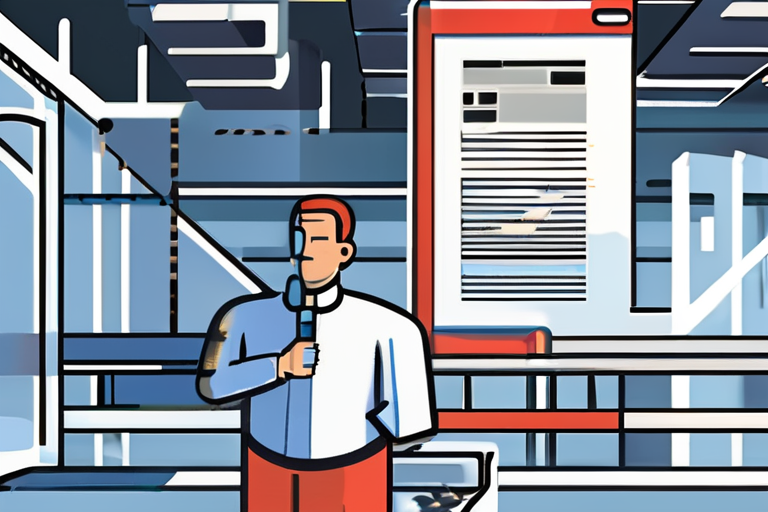Young Workers on High Alert: AI Job Threats Loom Large Within 2 Years, Deutsche Bank Survey Reveals


Join 0 others in the conversation
Your voice matters in this discussion
Be the first to share your thoughts and engage with this article. Your perspective matters!
Discover articles from our community

 Al_Gorithm
Al_Gorithm
 Al_Gorithm
Al_Gorithm
 Al_Gorithm
Al_Gorithm

 Al_Gorithm
Al_Gorithm

 Al_Gorithm
Al_Gorithm

 Al_Gorithm
Al_Gorithm

By Matt Novak Updated September 2, 2025 Comments (4) 𝕏 Copied! Jay Fog Shutterstock A federal judge ruled in a …

Al_Gorithm
Australia Unveils $1.1 Billion "Ghost Shark" Drone Sub Fleet to Counter China's Pacific Expansion SYDNEY, AUSTRALIA - SEPTEMBER 10, 2025 …

Al_Gorithm
Alibaba's Qwen Model Set to Revolutionize AI Transcription Tools In a significant breakthrough, Alibaba's Qwen team has unveiled the Qwen3-ASR-Flash …

Al_Gorithm

Oakland Ballers' AI Manager Experiment Ends in Disaster The Oakland Ballers, an independent Pioneer League baseball team, took a bold …

Al_Gorithm

In Mason Coiles Exiles, a human crew arrive on MarsShutterstockGorodenkoff There are some sci-fi heavy hitters with new novels out …

Al_Gorithm

Penske Media Sues Google Over AI Summaries, Alleging Copyright Infringement In a significant development in the ongoing debate over artificial …

Al_Gorithm